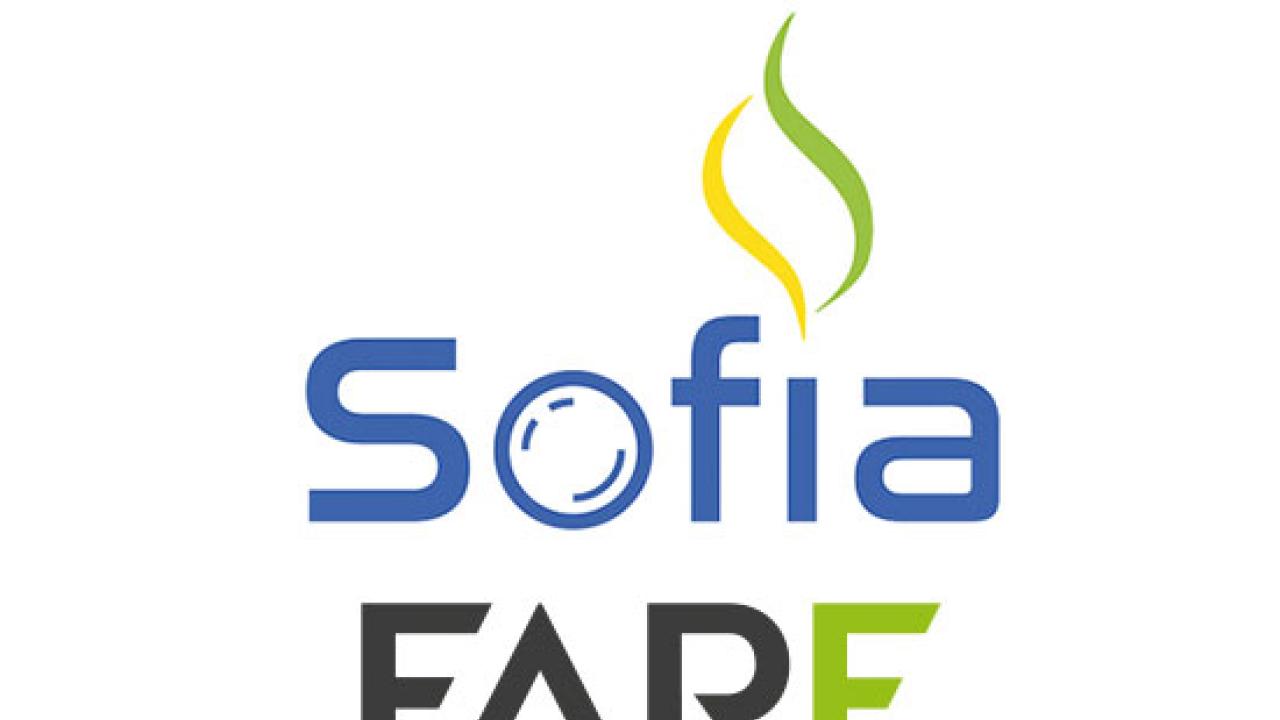
A scientific career is marked by achievements and disappointments big and small, making it important to celebrate the high notes, such as when a scientist is awarded support for their work, resources that are the means of achieving scientific success. Two of ICTP’s staff scientists in the Condensed Matter and Statistical Physics section have dived into new work thanks to new support and projects: Marcello Dalmonte was awarded a FARE grant from the Italian Ministry of Universities and Research, supplementing his work in quantum matter simulators. Ali Hassanali won support from the Horizon 2020 initiative of the European Commission as part of the SOFIA Project collaboration investigating artificial photosynthesis.
Artificial photosynthesis, a recreation of the process plants use to transform the sun’s energy into food, could be a major development in clean energy. The SOFIA Project is driven by a consortium of scientists from different disciplines all working towards the goal of using carbon dioxide, soap bubbles, and the sun’s energy to produce a solar fuel. With an expected global energy demand of 36 trillion watts by 2050, the technology could be a huge factor in moving towards decarbonizing energy systems.
Hassanali is one of two theoretical physicists who are part of the collaboration, and the support has allowed him to hire a postdoctoral fellow specifically for the project. “We have a lot to contribute on the atomistic modeling side of things,” and to help interpret experimental results, says Hassanali, who specializes in the behaviour of water at the atomistic scale. The postdoctoral fellow, Ricardo Franklin Mergarejo, arrived at ICTP in late 2019 from Cuba, having met Hassanali at a conference in Buenos Aires. “I have always wanted to come to ICTP; in my home country ICTP is very well known,” says Franklin Mergarejo.
The SOFIA Project focuses on both the basic principles behind a potential artificial photosynthesis technology and experts covering the scale from atoms to economics, including biologists, synthetic chemists, engineers, and partners in industry. ICTP is one of eight institutions from around Europe represented in the consortium. “It is a new experience for me as a theorist to contribute knowledge that goes directly into engineering models,” says Hassanali. “Our collaborators have been appreciative of the insights our work has produced and found it very interesting. For many it offers a lens to a world they have never seen.”
“I love interdisciplinary research, and this project has opened doors to more projects between industry and basic science,” Hassanali continues. “There is a huge scope for them, and many potential collaborations.” The project is the first time that both the ICTP scientists have worked with a schedule of expected deliverables, and have found that experimentalists do not always understand the different time scales theorists work on. But the grant and collaboration, lasting until 2021 with the possibility of renewal, has brought very interesting challenges and collaborations to both Hassanali and Franklin Mergarejo.
Fruitful collaborations will hopefully be a key outcome of the grant Marcello Dalmonte won as well. As the recipient of a European Research Council (ERC) Starting Grant, Dalmonte was eligible for further support from the Italian Research Council, under the FARE project, the Framework per L’attrazione e il rafforzamento delle eccellenze per la ricerca in Italia. “With this support, everything will develop better and faster,” says Dalmonte. “We will be able to fund and host a small conference in quantum simulations, and I will be able to hire another postdoc as well, among other things.”
“We do theory work motivated by quantum simulation experiments, which a particular focus on entanglement,” explains Dalmonte, “and recently a new class of experimental platforms has been developed, better suited to address the questions we are interested in. This support will help us investigate the additional possibilities opened up by this new type of experiment.”
Recently, interest in exploring quantum systems through the lens of particle physics has been growing, says Dalmonte. “There is a lot of excitement at looking at the interface between quantum simulation and computation from one side, and particle physics on the other, in particular, physics at the scale investigated at the LHC (Large Hadron Collider at CERN). We’re interested in developing innovative tools and concepts that can strengthen this interface, and lead to new insights on both sides.”
The FARE grant and the conference it makes possible will also help bring attention to the Institute for the Theory of Quantum Technologies (TQT). Launched by ICTP and two other Trieste-area institutions, SISSA and the University of Trieste, TQT is an international centre of excellence promoting research in the field of quantum technologies. “There are a lot of researchers working in quantum technologies in this area, so there are a lot of people to talk to, making TQT a great place to have carry out a project and have a conference like this,” says Dalmonte.













